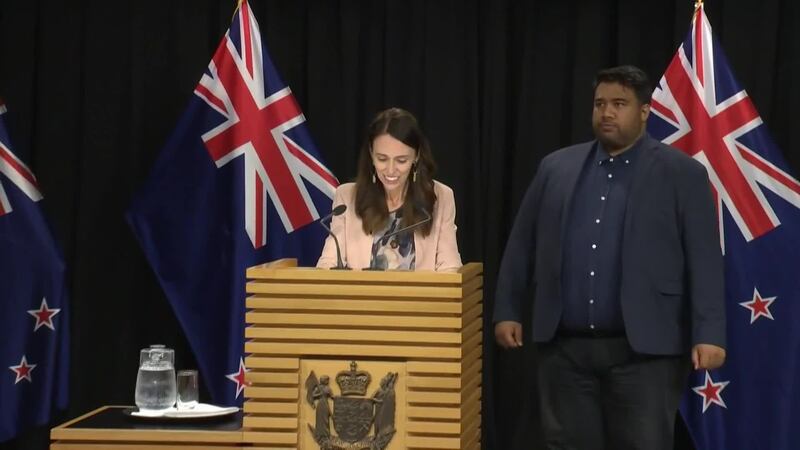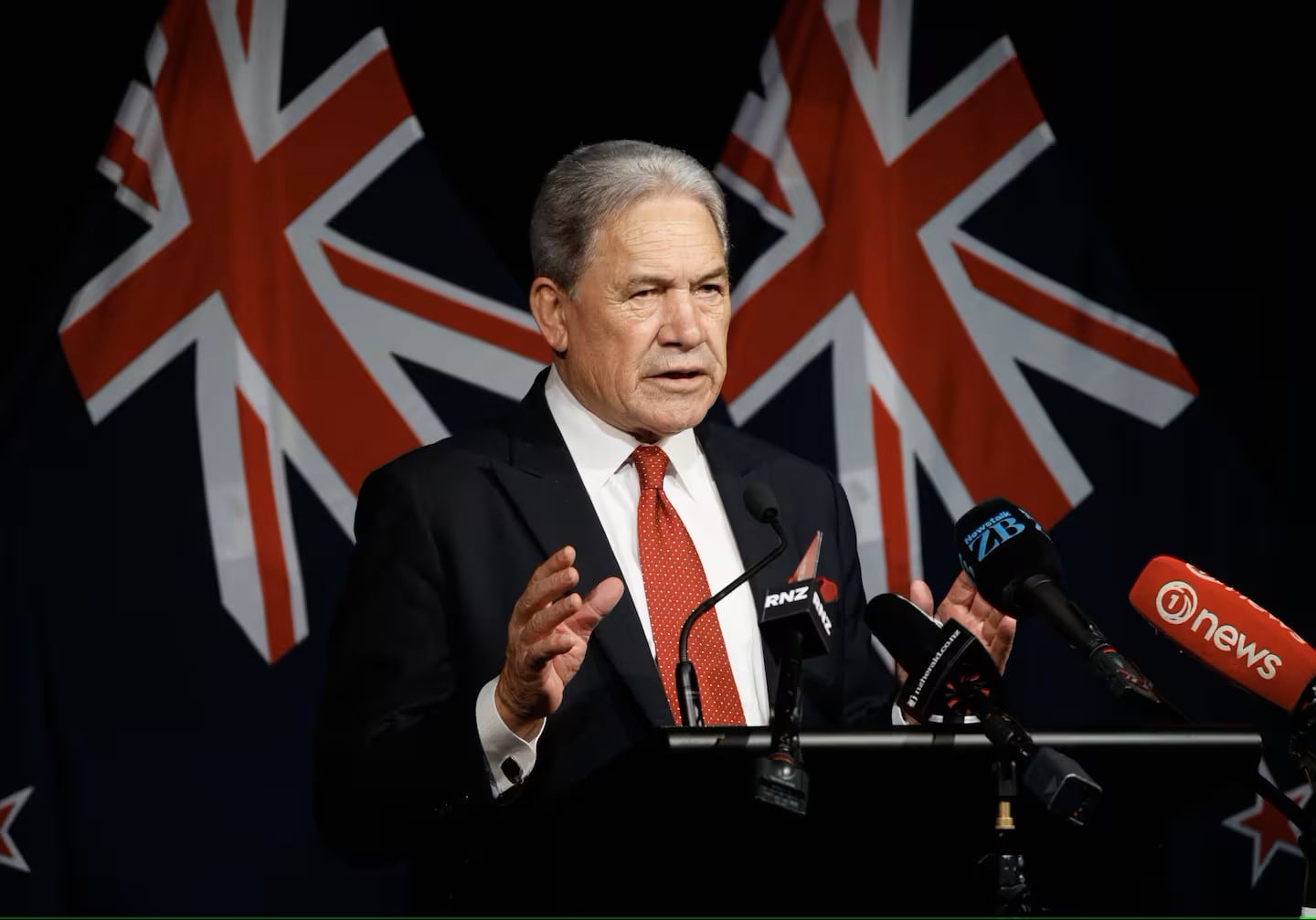Ministers are turning up the pressure on New Zealand’s electricity generators, with the wholesale price of electricity sitting amongst the highest in the world.
The price, which exceeded $1500 per megawatt hour in Northland, wider Canterbury, and the top of the South Island this week, is forcing factories to stop production. That price is about 15 times the Australian average.
Why it matters
Factories are having to stop production, and jobs are on the line as businesses struggle to keep running with the rising cost of power.
For instance, the 300 workers of Winstone mills are waiting to see if there will be a breakthrough in the week ahead that will allow them to turn the mills back on. Then later this week, in Auckland, 75 workers at Penrose Mill were told they would be out of work in December due to the price of electricity.
Who said what
In politics, Regional Development Minister Shane Jones was the first to raise alarm bells. Speaking to Stuff early in the week, he issued a warning to the electricity generators - saying if they didn’t sort this out, the Government would have to intervene.
Finance Minister Nicola Willis followed suit, saying enquiries were being made.
And then Energy Minister Simeon Brown met with the electricity generators. He left that meeting unconvinced that Kiwis weren’t being price gouged.
“We need to have assurances that we are seeing a competitive market,” he said.
“That’s why I’ve asked the Electricity Authority and Commerce Commission to do their job.”
But Deputy Prime Minister Winston Peters went a step further, directly accusing the power generators of anti-competitive behaviour. His comments to Stuff on Thursday afternoon went a step beyond what any other minister had alleged, and showed that ministers - particularly those from NZ First - were pushing for reform or a formal inquiry into the electricity market.
“There is a serious crisis,” he said.
“We’ve seen the highest rise in electricity prices that we’ve ever experienced since the so-called ‘reforms’ that were meant to plateau prices in 1998. So we have a disaster on our hands.”
Asked if he thought the big electricity companies, most of which are majority owned by the Government, were anti-competitive or profiteering, Peters told Stuff he was certain that they were.
“I don’t think it, I know it. And I’ve thought that for a long, long time,” he replied.
The breakdown
The flow on effects from high wholesale electricity prices are rippling through industries.
Timber, recycling, and pulp mills have been the first to show distress. But it is transmitting onto the food production and agriculture industries as well.
Fonterra chief operating officer Anna Palairet told Stuff these prices needed to be brought under control.
“The current situation is adding significant cost to both the Co-op and our shareholders as we cannot simply pause operations. Longer-term solutions are necessary to ensure energy remains affordable,” she said.
Trucking companies that worked with mills have also contacted Stuff to voice concern, and smaller cool store companies - that allow for the export and transportation of food - are under stress.

New Zealand’s electricity prices are sky rocketing, but it’s debatable as to why.
The coalition parties (National, ACT, NZ First) have blamed the previous coalition Government (Labour, NZ First, Green) for banning oil and gas exploration in New Zealand.
But Labour energy spokesperson Megan Woods said that ban didn’t impact the energy market, because there had been no significant oil or gas discovery. She said Brown’s decision to stop the Lake Onslow project, which would have cost up to $20 billion to store water, has thrown the electricity market into disarray.
There are also concerns about competition in the electricity sector.
- Stuff



